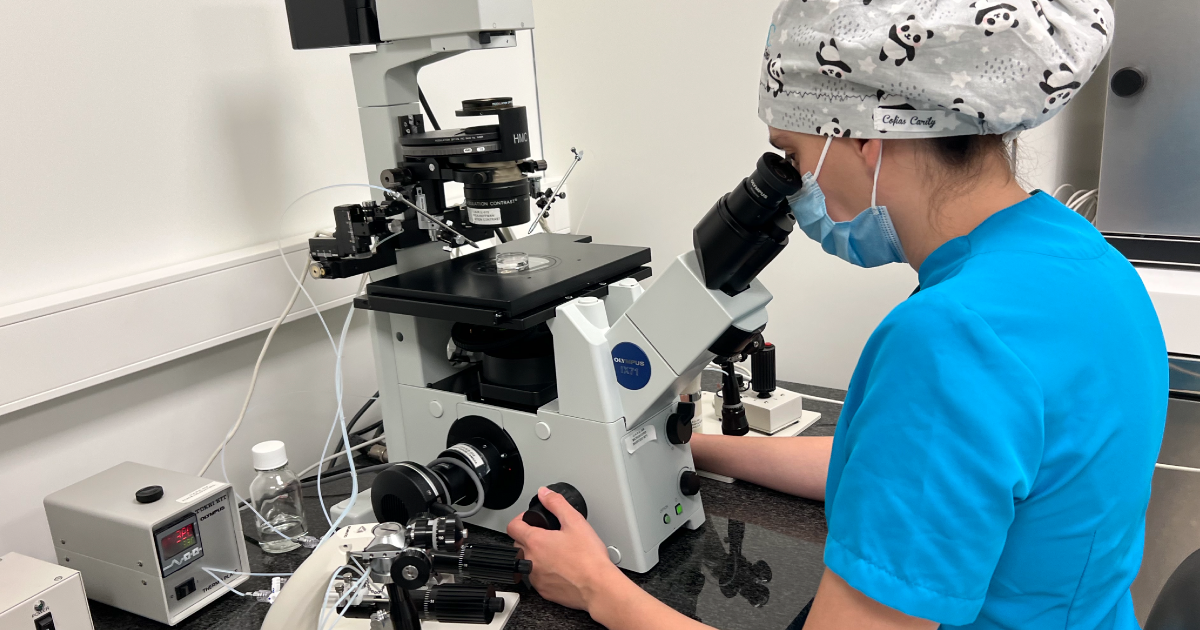24 August, 2023
The importance of Reproductive Medicine today

Nowadays, we all have family or friends who have undoubtedly had to resort to assisted reproduction to achieve a pregnancy. It is even quite likely that many of you who are reading this have gone through treatment yourselves or are thinking of visiting a specialist.
To give you an idea of the importance of Reproductive Medicine today, 10% of children present in a Spanish school classroom were born thanks to assisted reproduction, according to the latest data published by the Spanish Fertility Society.
In view of this, has there been an increase in the number of cases of patients resorting to assisted reproduction?
We are sure that the science and research applied to reproduction allow us to diagnose pathologies or conditions which perhaps a few years ago would have gone undetected. Endometriosis, tube occlusion due to pelvic infections, or a delay in the age at which trying for a first child, are some of the factors which help explain the increase in patients who resort to specialist clinics to achieve a pregnancy.

What are the principle assisted reproduction treatments?

At HC Fertility we are always committed to personalised treatments. To us, each patient is unique and must be assessed as such, we perform the necessary tests to evaluate the state of their fertility and determine the appropriate treatment, customised and diagnosis based.
Regarding treatment, for those which are performed using the patient’s own eggs, the most common treatments are Artificial Insemination and In Vitro Fertilization.
Artificial insemination is one of the simplest processes within Assisted Reproduction and consists of introducing a correctly prepared semen sample from your partner (or donor in the case of women without a male partner), into the woman’s uterus. It is usually indicated for cases of idiopathic infertility (infertility of unknown cause) or for a straight-forward factor such as simple lack of ovulation or minimal abnormalities in some semen parameters.
In vitro fertilization (IVF), on the other hand, aims to improve the fertilisation process. IVF includes the extraction of eggs from the ovaries which are then fertilised in our laboratories using the partner’s (or a donor as the case may be) sperm to obtain embryos which can be introduced into the woman’s uterus once they have reached the blastocyst stage. This technique is indicated in many different circumstances, but especially when a condition is found which prevents sperm from reaching the egg and fertilising it. This may be, for example, due to a blockage or damage in the fallopian tubes; some cases of endometriosis when pregnancy has not been achieved after medical or surgical treatment; or in those cases of ovarian dysfunction, when induced ovulation alone is not enough to achieve pregnancy.
It is also indicated for those couples in which the man has moderate infertility due to some alteration in the number, motility or morphology of sperm, or for couples who have infertility of unknown cause and for whom, for some reason, artificial insemination is ineffective.
Treatments with egg donation

There are some patients for whom pregnancy using their own eggs or semen is not possible. In the case of women, problems are closely related to age.
Under these circumstances, patients may consider treatment using eggs and semen from anonymous donors. In these cases, treatment is the same, the difference being the use of donated gametes instead of the patients’ own.
It is important to note that these treatments obtain very high success rates as the quality of both eggs and sperm is guaranteed and, therefore, the chances of achieving pregnancy are very high.
Fertility preservation, a guaranteed attempt at a future pregnancy.

As described, assisted reproduction brings together a set of techniques, always based on a diagnosis made by specialists, which enable many couples to achieve a pregnancy.
However, more women attend HC Fertility who despite being determined to become a mother, consider that the time has not yet arrived and who wish to delay having a child. Egg vitrification allows fertility to be preserved until they decide that the time is right.
You will already know that a woman’s fertility begins to decrease over the years. In other words, as a woman’s age progresses, both the quality and quantity of her eggs begin to decline, quite significantly after the age of 36 or 37 and very markedly from the age of 40, with very few options then available to achieve a natural pregnancy.
Using fertility preservation, women can freeze their own eggs, at the age of, for example, 32, when they are still of good quality, enabling them to try and have a child in the future, with the same chance as they would have had if they had done so at the age of 32. Egg freezing maintains eggs in the same condition as when they were frozen, indefinitely.
Is assisted reproduction also for patients who do not have fertility problems?

Generally, we associate assisted reproduction with fertility-related problems. It is clear that this is true in most of the cases we deal with at HC Fertility, but we should remember that assisted reproduction is the key for couples made up of two women, as well as those who consider motherhood without having a partner, to fulfil their dream of starting a family and achieving a pregnancy, without necessarily having any fertility problem. In many cases these women do not have any gynaecological problems, or at least no problem distinct from those presented by any other woman. Simply, they need to resort to assisted reproduction for treatment in which we can fertilise their eggs with a sample of donor semen to obtain the embryos which will be transferred to them afterwards. The number of women without a male partner has increased considerably in the last 10 years, and thanks to assisted reproduction, many families have been created responsibly and without taking unnecessary risks.

Back to blog
In other news

13 August, 2019
If a woman has several spontaneous abortions, that can also be infertility
Infertility is a term that doctors use when a woman has been able to get pregnant, but that pregnanc...
[Continue reading ]26 February, 2016
Eggs don’t fly
Accepting donated eggs to help you have a family is a difficult decision for some, but this gives ...
[Continue reading ]


